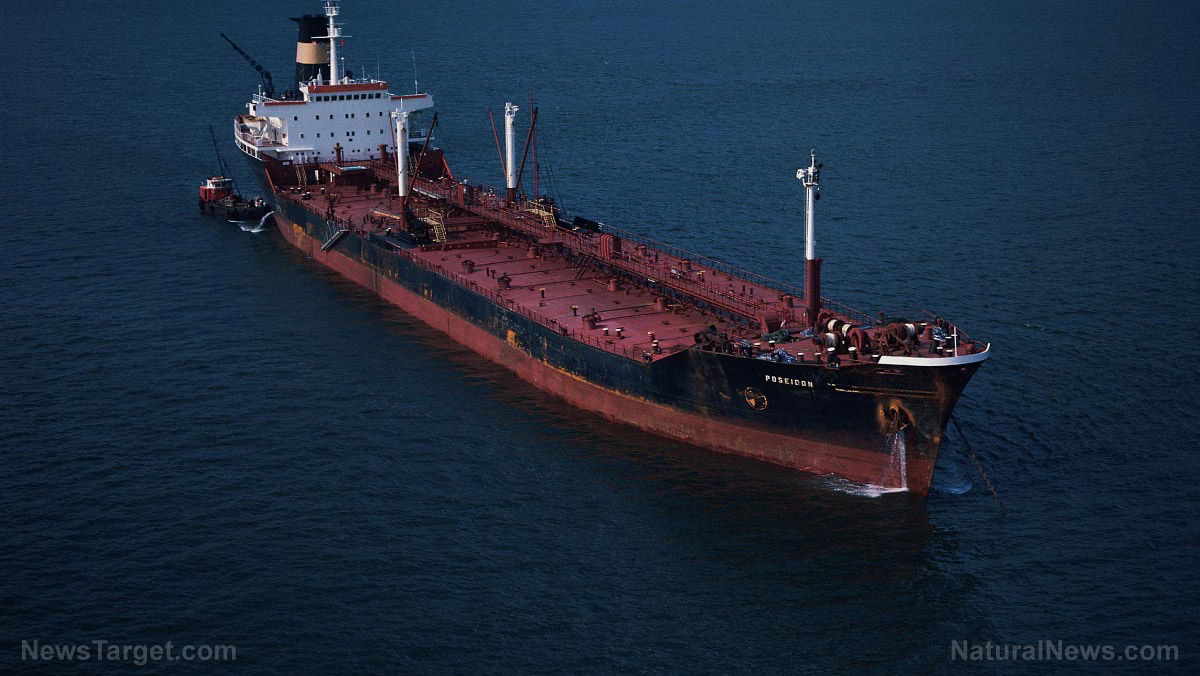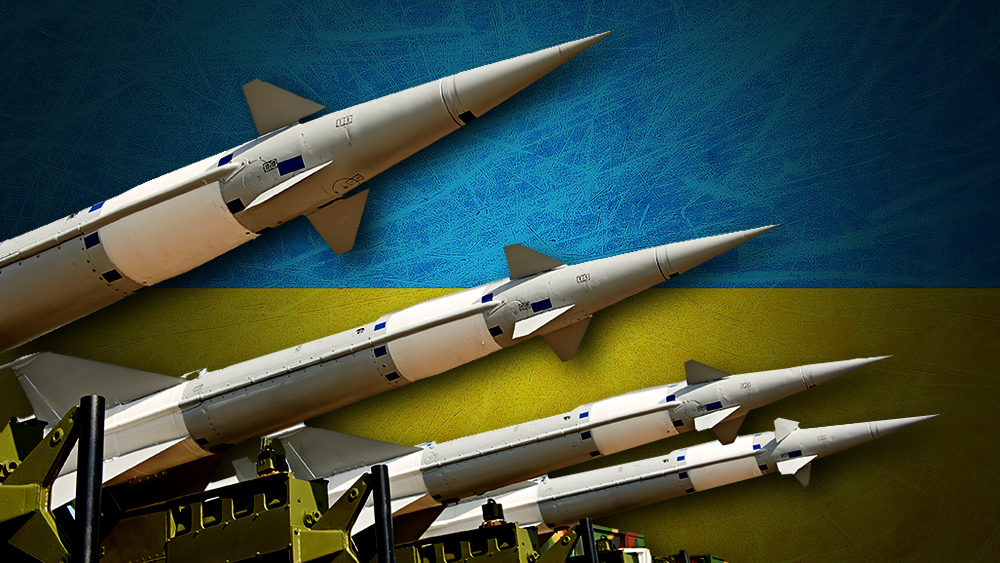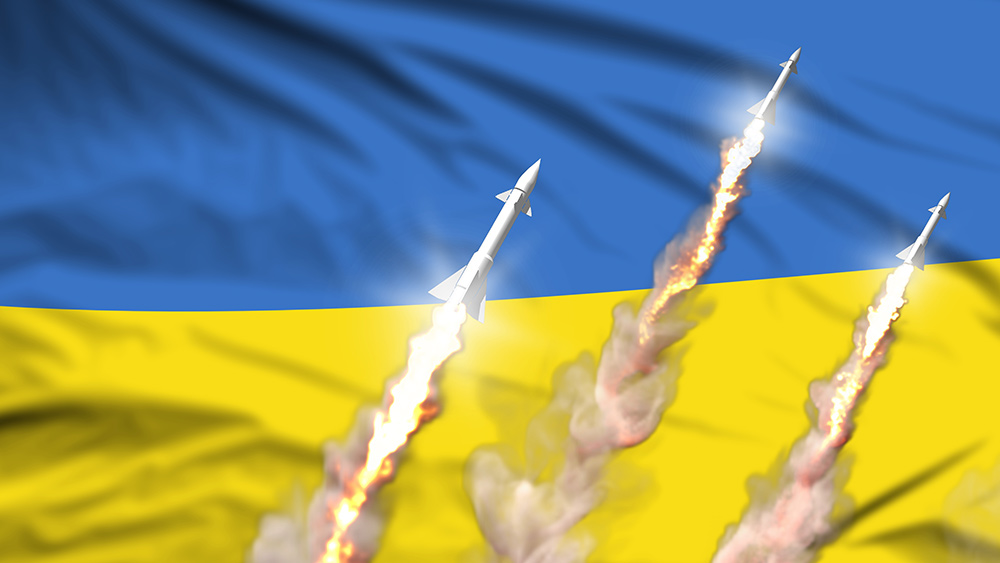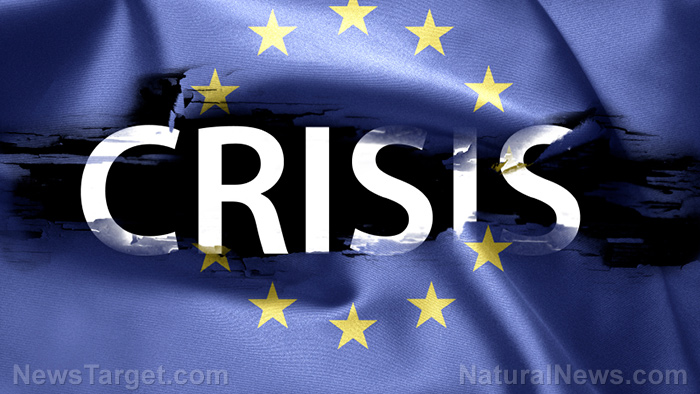ENERGY REDIRECTED: Two-thirds of Russian seaborne oil exports are now going to Asia
11/21/2022 / By Arsenio Toledo

Two-thirds of all Russian seaborne oil exports are now heading to Asian countries as the country continues to divest itself from relying on the European oil trade.
Before the European Union (EU), the United States and their allies imposed sanctions on Russia over the country’s special military operation in Ukraine, seaborne crude oil deliveries to Asia accounted for less than two-fifths of all Russian seaborne crude sales. Within a span of six months, where Russian oil goes has changed completely.
China and India are forming the backbone of the latest surge in Russian seaborne oil exports. Other countries like Turkey, Sri Lanka and the United Arab Emirates are also deepening their ties with Russia by purchasing more oil. (Related: US-EU price cap on Russian oil threatens India’s crude imports and economic growth.)
In the 28 days leading up to Friday, Nov. 11, the volume of Russian crude oil heading to China, India, Turkey and to several other countries has soared to a record 2.39 million barrels of crude per day.
China and India still make up the vast majority of this Asia-bound crude. In the week ending on Nov. 11, China and India received 880,000 and 750,000 barrels of Russian crude per day by the sea, respectively. Turkey received 300,000 barrels of crude per day and around 410,000 went to unknown destinations.
Tankers hauling Russian crude are becoming more secretive about their destinations because of fears that the EU or the U.S. might retaliate if they find out certain countries are purchasing more Russian oil.
Russia diverting even more oil to Asia to avoid new oil sanctions
The U.S., EU and their allies, including the United Kingdom and Australia, have imposed a new set of sanctions on Russia that will come into effect on Dec. 5.
The new round of sanctions will halt almost all seaborne crude oil deliveries from Russia to the participating nations. It also bars European oil tankers from transporting Russian crude and prohibits tankers that defy this ban from providing Russian oil companies with insurance, brokerage, financing, vessel classification and other services.
The only exemption to these sanctions will be provided for vessels carrying Russian oil purchased at a price below a cap that the bloc has yet to announce. This price is expected to be far below the market value of Russian seaborne crude.
The new sanctions are worrying Moscow because they are starting to already take effect. The country’s revenues from crude exports just hit their lowest point since the beginning of the special military operation in Ukraine. Crude exports to Europe have already fallen to a five-week low of approximately 700,000 barrels of crude a day in the month leading up to Nov. 11. Oil shipments to Europe are also down 11 percent compared to the previous four-week period.
This is why Russia is opening up more of its crude oil trade with Asia, especially countries like China and India, which would never sign on to the American and European sanctions against Russian crude oil exports.
Learn more about the oil trade and energy crisis around the world at NewEnergyReport.com.
Watch this clip of Mike Adams, the Health Ranger, speaking with Steve Bannon about how Germany is preparing for civil unrest due to the energy crisis caused by the country’s divestment from Russian oil.
This video is from the NewsClips channel on Brighteon.com.
More related stories:
US oil price to surge again in December as Saudis cap production and EU embargo takes effect.
Qatar refuses to divert gas flows to Europe due to existing contracts with Asian customers.
Hungary, Serbia building pipeline for Russian oil and gas to dodge EU sanctions.
Sources include:
Submit a correction >>
Tagged Under:
Asia, crude oil, electricity, energy crisis, energy supply, Europe, European Union, fuel supply, green tyranny, oil, oil exports, oil supply, oil trade, power, Russia, Russian oil, sanctions, seaborne crude oil exports, trade
This article may contain statements that reflect the opinion of the author
RECENT NEWS & ARTICLES
COPYRIGHT © 2022 RussiaReport.news
All content posted on this site is protected under Free Speech. RussiaReport.news is not responsible for content written by contributing authors. The information on this site is provided for educational and entertainment purposes only. It is not intended as a substitute for professional advice of any kind. RussiaReport.news assumes no responsibility for the use or misuse of this material. All trademarks, registered trademarks and service marks mentioned on this site are the property of their respective owners.



















